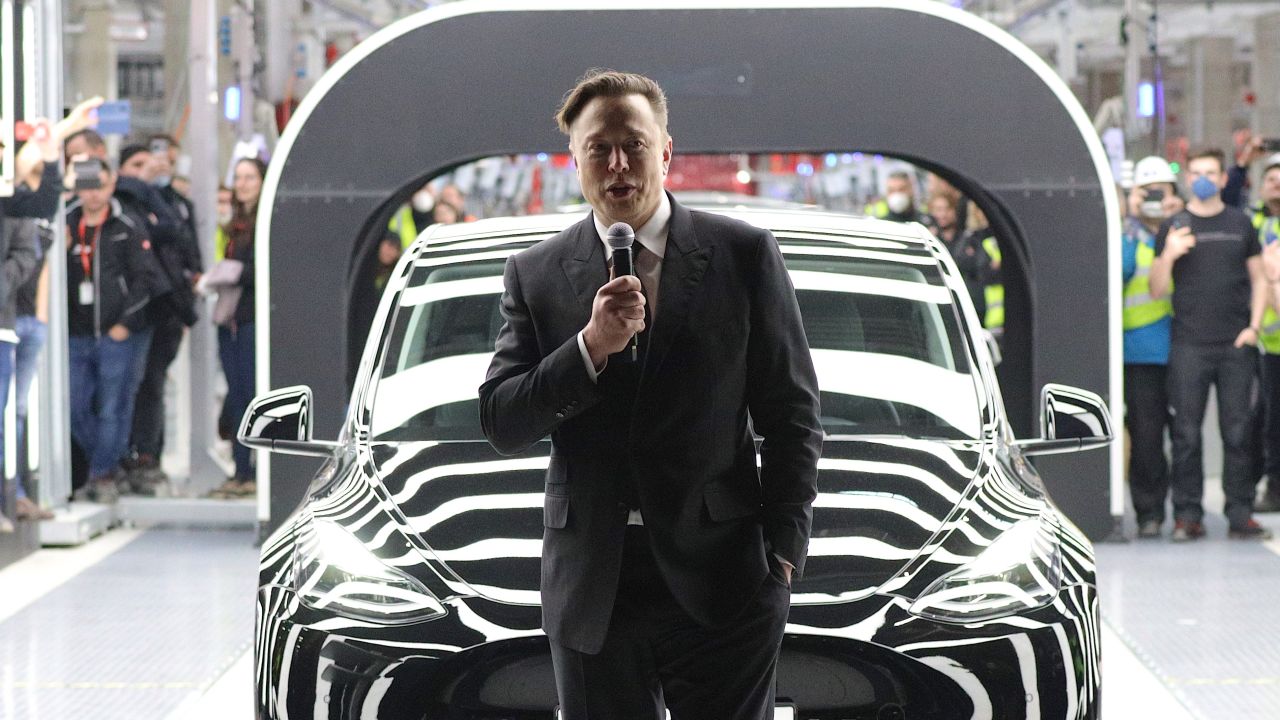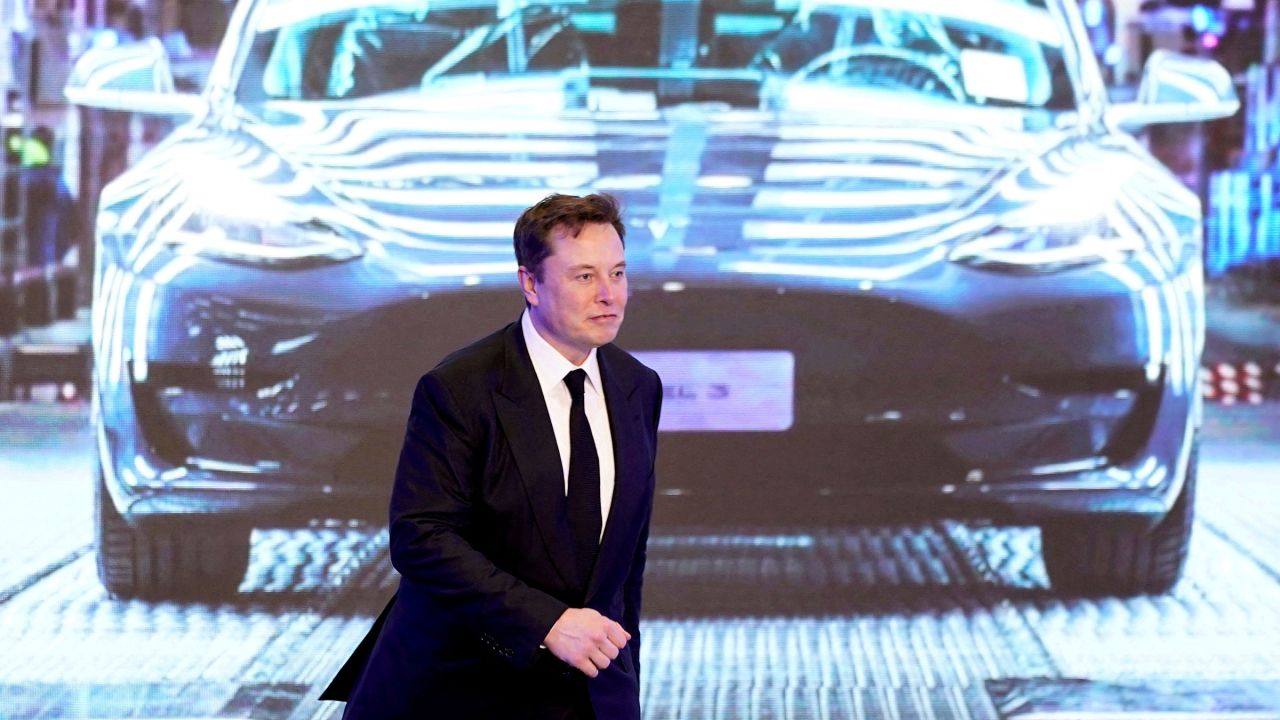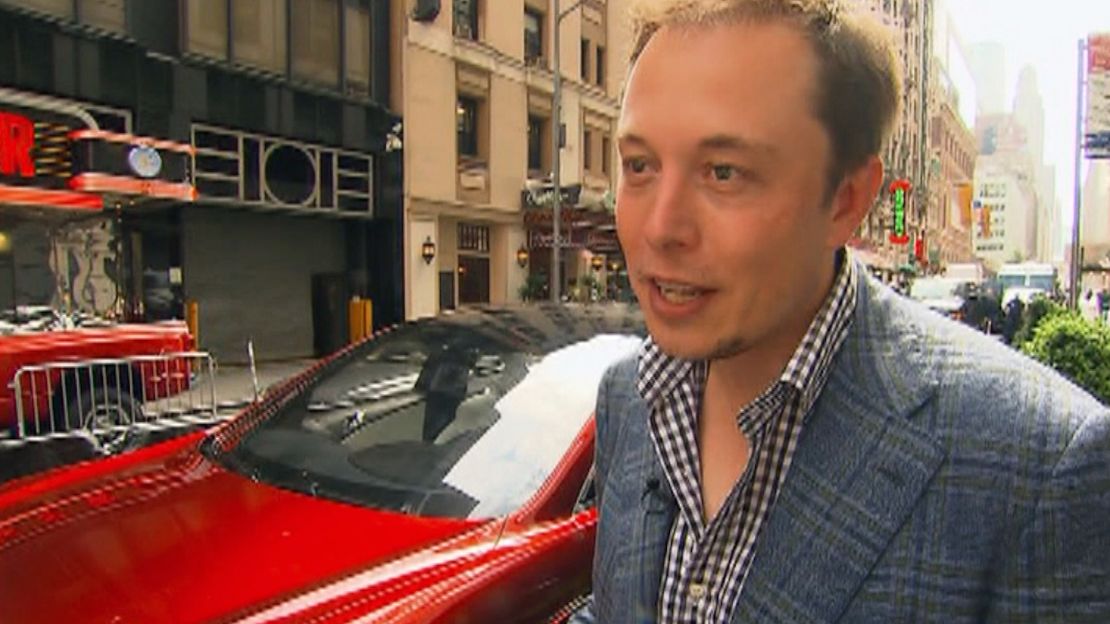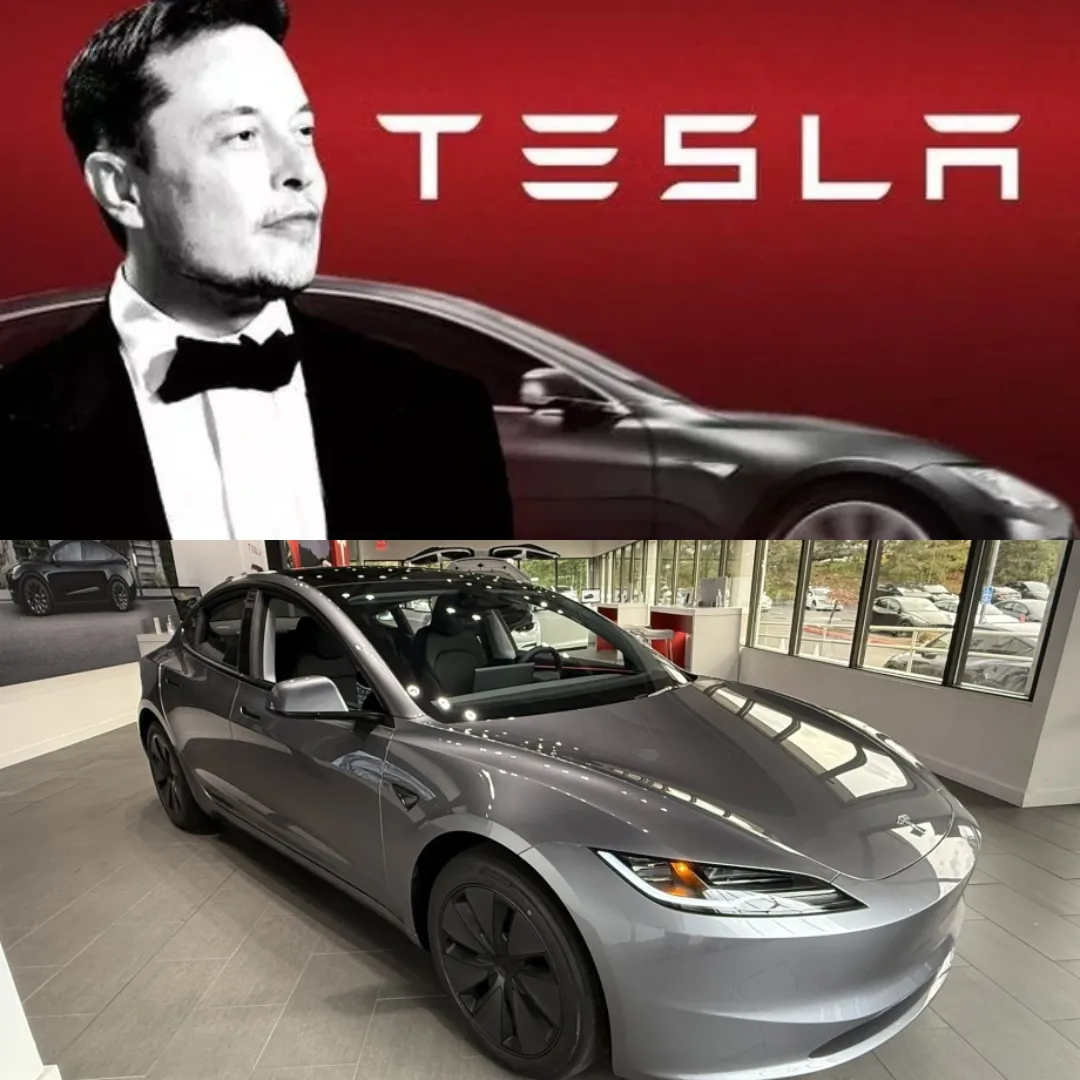Elon Musk’s increasing involvement in political matters, particularly through his leadership of the Department of Government Efficiency (DOGE), has turned Tesla into a "political symbol" in the eyes of some investors and analysts. This shift has resulted in what one prominent Tesla stock bull describes as “brand damage” for the electric vehicle giant, causing concern among investors.
Dan Ives, a lead analyst at Wedbush Securities who has long been bullish on Tesla, wrote in a report late Wednesday that Musk’s actions have created a “massive overhang” on Tesla’s stock (TSLA). He believes that the political polarization surrounding Musk’s leadership in DOGE, which was set up under President Donald Trump, has distracted him from his primary role as the CEO of Tesla and ultimately hurt the company’s brand.
Ives pointed out that the recent protests at Tesla dealerships, along with the social movements targeting Musk, have added to the ongoing concerns around Tesla’s image. The protests and controversies have compounded the situation, making it increasingly difficult for Tesla to avoid the negative publicity associated with Musk’s political entanglements.
“As someone who is a core bull and believer in the Tesla long-term growth story, I loudly urge Musk and the Board to step up, stop being silent, and help resolve this crisis forming at Tesla,” Ives wrote.
Ives’s main concern lies in Musk’s preoccupation with DOGE, which has led to him spending what the analyst claims is “110% of his time” on government efficiency work, leaving his duties as Tesla’s CEO less of a priority. He stressed that Musk’s lack of focus on Tesla, and his involvement in politically charged activities, has transformed the company into a symbol of political division, which could affect its public perception and stock value.

The analyst also urged Musk to address the growing concerns by officially clarifying how he plans to balance his political responsibilities with his CEO role at Tesla. Ives believes that Musk must announce clear plans regarding Tesla’s product pipeline, particularly the launch of lower-cost vehicles and the timeline for the unsupervised Full Self-Driving (FSD) rollout scheduled for June in Austin.
Ives emphasized that Tesla’s investors need to hear from Musk soon, especially given the company’s ongoing issues with demand and brand image damage.
The need for clarity is particularly pressing as Tesla faces a host of challenges, including inventory shortages, the Model Y refresh, and lingering concerns about the company’s demand and growth. With Musk’s political ventures taking center stage, Ives’s call for action points to the growing concern among investors about Tesla’s future performance.
Despite these challenges, Tesla’s stock showed a slight gain of 0.17%, closing at $236.26 during Thursday’s stock market activity. However, the company is still grappling with ongoing issues.
Tesla is recalling 46,096 Cybertruck vehicles to address a problem with an exterior panel that could detach while driving, as per the U.S. National Highway Traffic Safety Administration. Tesla sold 38,965 Cybertrucks in 2024, according to estimates by Cox Automotive.
Tesla stock had risen by 4.7% on Wednesday, reaching $235.86, but it is still dealing with a steep decline, down 41.6% so far in 2025. This marks the worst performance in the S&P 500 this year.
Investors are increasingly concerned about Tesla’s performance, with stock predictions falling below key technical support levels.

Wedbush analysts recently lowered their price targets for Tesla after conducting a tour of the company’s battery manufacturing line at the Texas gigafactory. Despite this, Cantor Fitzgerald analyst Andres Sheppard upgraded Tesla to an overweight position, keeping the price target at $425.
This mixed sentiment highlights the uncertainty surrounding Tesla’s future.
Tesla’s poor stock performance is mirrored by the ongoing declines in its vehicle deliveries and earnings estimates. Analysts are now revising their projections for Q1 and full-year earnings, with FactSet predicting a 2% decline in first-quarter earnings, down to 44 cents per share.
These estimates have dropped by 14% since January. Similarly, the expected vehicle deliveries for Q1 are now estimated at 417,000, a 7% increase from the previous quarter, but still lower than earlier projections.
For the full year, Tesla’s earnings per share (EPS) estimate has been revised downward, with projections indicating a 6% increase to $2.57. However, the sharp consensus for 2025 shows that analysts expect deliveries to increase by just 9%, suggesting a slowdown in growth compared to previous years.
Tesla’s stock has a 21-day average true range of 7.09%, indicating large price fluctuations. Investors are advised to avoid stocks with high ATRs in the current unpredictable market, according to IBD’s guidelines.
Tesla currently ranks eighth in the 35-stock IBD Auto Manufacturers industry group, with a Composite Rating of 48, a Relative Strength Rating of 33, and an EPS Rating of 84.
As Tesla continues to navigate its challenges, the company faces mounting pressure from investors to address its brand image and performance. With Musk’s attention divided between his political responsibilities and his role as CEO, the question remains whether Tesla can regain investor confidence and overcome the issues that have plagued its stock.

Despite the setbacks, Musk’s influence and Tesla’s long-term growth prospects continue to keep the company in the spotlight. As the debate continues, it will be crucial for Musk to demonstrate that he can effectively manage both his political ambitions and his corporate leadership to restore Tesla’s position as a leader in the electric vehicle market.


-1747488146-q80.webp)
-1746899035-q80.webp)
-1745994967-q80.webp)